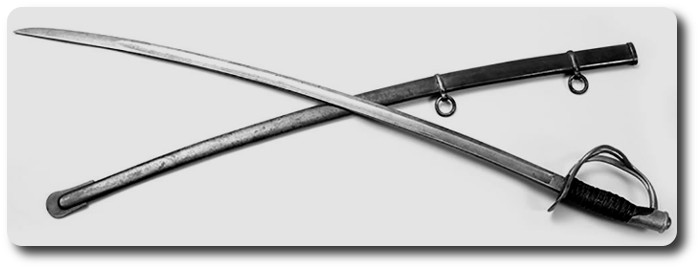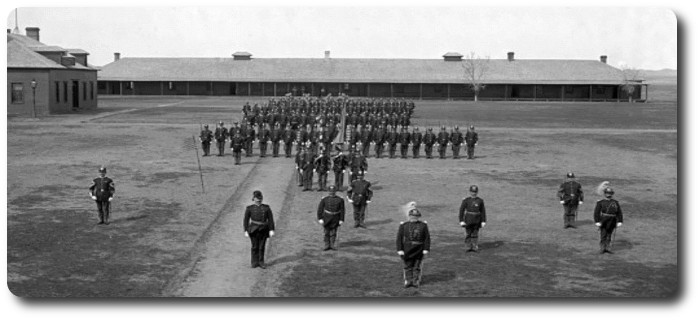Punishable by Death (1879)
Topic: Discipline

Punishable by Death (1879)
The Army Discipline and Regulation Bill
The Glasgow Herald, 10 July 1879
The following memorandum has been issued, explanatory of the Schedule related to Corporal Punishment, and containing a list of offences punishable under the bill with death:—
A person liable to military law, when on active service, is punishable with death is he commits any of the following offences:—
1. Shamefully abandons or delivers up any garrison, place, post, or guard, or uses any means to compel or induce any governor, commanding officer, or other person shamefully to abandon or deliver up any garrison, place, post, or guard, which it was the duty of such governor, officer, or person to defend.
2. Shamefully casts away his arms, ammunition, or tools in the presence of the enemy.
3. Treacherously holds correspondence with or gives intelligence to the enemy, or treacherously or through cowardice sends a flag of truce to the enemy.
4. Assists the enemy with arms, ammunition, or supplies, or knowingly harbours or protects as enemy not being a prisoner.
5. Having been made a prisoner of war, voluntarily serves with or voluntarily aids the enemy.
6. Knowingly does, when on active service, any act calculated to imperil the success of Her Majesty's forces or any part thereof.
7. Misbehaves or induces others to misbehave before the enemy.
8. Leaves his commanding officer to go in search of plunder.
9. Without orders from his superior officer leaves his guard, picquet, patrol, or post.
10. Forces a safeguard.
11. Forces or strikes a sentry.
12. Impedes the provost marshal, or any officer legally exercising authority under of on behalf of the provost marshal; or, when called on, refuses to assist in the execution of his duty the provost marshal or any such officer.
13. Does violence to any person bringing provisions or supplies to the forces; or commits any offence against the property or person of any inhabitant of or resident in the country in which he is serving.
14. Breaks into any house or other place in search of plunder.
15. By discharging firearms, drawing swords, beating drums, making signals, using words, or by any means whatever intentionally occasions false alarms in actions, on the march, in the field, or elsewhere.
16. Treacherously makes known the parole or watchword to any person not entitled to receive it; or, without good and sufficient cause, gives a parole or watchword different from what he received.
17. Irregularly detains or appropriates to his own corps or detachment any provisions or supplies proceeding to the forces, contrary to any orders issued in that respect.
18. Being a sentinel, commits any of the following offences (that is to say):—(a.) Sleeps or is drunk at his post; or (b.) leaves his post before he is regularly relieved.
19. Causes or conspires with any other persons to cause any mutiny or sedition in any forces belonging to Her Majesty's regular, reserve, or auxiliary forces, or navy.
20. Endeavours to seduce any person in Her Majesty's regular, reserve, or auxiliary forces, or navy, from allegiance to Her Majesty, or to persuade any person in Her Majesty's regular, reserve, or auxiliary forces, or navy, to join in any mutiny or sedition.
21. Joins in, or being present does not use his utmost endeavours to suppress any mutiny or sedition in any forces belonging to Her Majesty's regular, reserve, or auxiliary forces, or navy,
22. Coming to the knowledge of any actual or intended mutiny or sedition in any forces belonging to Her Majesty's regular, reserve, or auxiliary forces, or navy, does not without delay inform his commanding officer of the same.
23. Strikes or uses or offers any violence to his superior officer, being in the execution of his office.
24. Disobeys any lawful command given by his superior officer in the execution of his office.
25. Deserts or attempts to desert Her Majesty's service.
26. Persuades, endeavours to persuade, procures or attempts to procure, any person subject to military law to desert from Her Majesty's service.
Note.—Treason, murder, and other offences (if any) punishable by the law of England with death, if committed by persons subject to military law, can, under the circumstances specified in the bill, be tried by court-martial and be punished by death.

Posted by regimentalrogue
at 12:01 AM EST
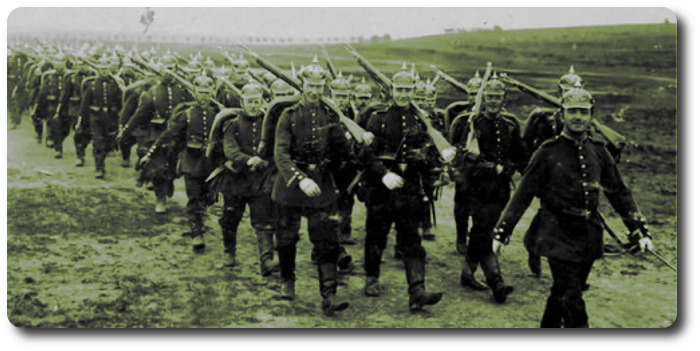
 The discipline and daily routine of exercise for the Prussian army is to all foreigners a source of never ending wonder. The early morning is devoted to cleansing the quarters, and correcting any irregularities which may have arisen out of the previous days' duties. Later in the forenoon the hours are given to study—arithmetic, geography, geometry, theory and practice of military science; and even singing is not neglected. Great importance is attached to the studies of the soldiers, and by attaining a certain advancement in knowledge, each one, after satisfactory examination, can shorten his term of service from one to two years. In the afternoon of each day the bodily culture is attended to, and this consists not only of purely military drill, but also of every variety of physical exercise calculated to add either strength or suppleness to the human form—running, leaping, vaulting, balancing, bayonet exercise, lifting, shooting, bending, altogether such an innumerable variety of movements that no muscle of the body is without its daily exercise. These "squad" drill are followed by company and regimental parades, and at short intervals by grand field movements of brigades and divisions, and these once a or twice year by grand army movements with mock battles. I have not been fortunate enough to witness any of the grand tactics, but the exercise in detail by company, battalion, squadron, or battery, and in particular the artillery movements, seem to me to be as near perfection as patience and practice can make them. All this perfection pr preparatory knowledge and practice must, of course, have its weight on the struggle of actual war; but if there is any ground for doubt as to the power of the German militia, it would lie on its too great reliance which is here placed on scientific knowledge, and consequent distrust of a quick common sense which is not too overburdened with acquired wisdom.
The discipline and daily routine of exercise for the Prussian army is to all foreigners a source of never ending wonder. The early morning is devoted to cleansing the quarters, and correcting any irregularities which may have arisen out of the previous days' duties. Later in the forenoon the hours are given to study—arithmetic, geography, geometry, theory and practice of military science; and even singing is not neglected. Great importance is attached to the studies of the soldiers, and by attaining a certain advancement in knowledge, each one, after satisfactory examination, can shorten his term of service from one to two years. In the afternoon of each day the bodily culture is attended to, and this consists not only of purely military drill, but also of every variety of physical exercise calculated to add either strength or suppleness to the human form—running, leaping, vaulting, balancing, bayonet exercise, lifting, shooting, bending, altogether such an innumerable variety of movements that no muscle of the body is without its daily exercise. These "squad" drill are followed by company and regimental parades, and at short intervals by grand field movements of brigades and divisions, and these once a or twice year by grand army movements with mock battles. I have not been fortunate enough to witness any of the grand tactics, but the exercise in detail by company, battalion, squadron, or battery, and in particular the artillery movements, seem to me to be as near perfection as patience and practice can make them. All this perfection pr preparatory knowledge and practice must, of course, have its weight on the struggle of actual war; but if there is any ground for doubt as to the power of the German militia, it would lie on its too great reliance which is here placed on scientific knowledge, and consequent distrust of a quick common sense which is not too overburdened with acquired wisdom.




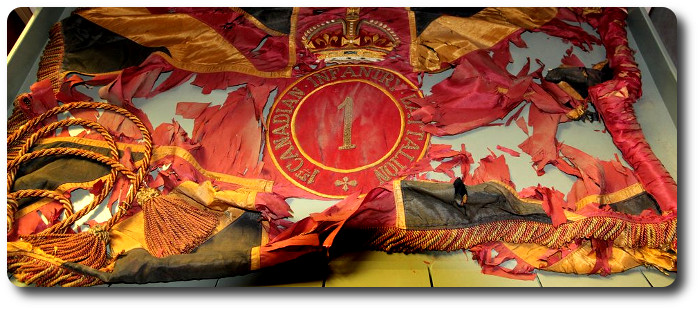
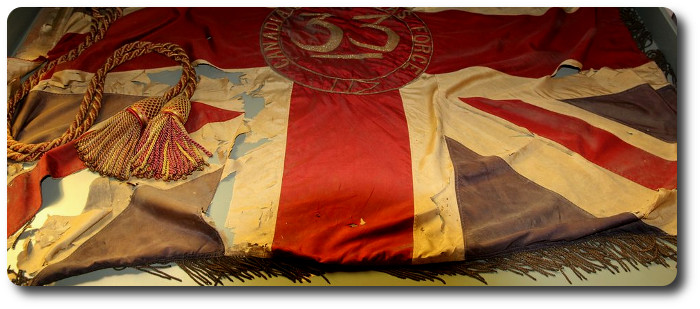
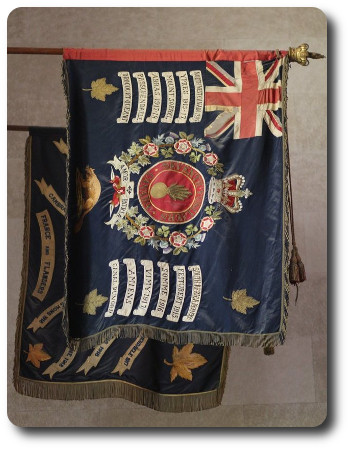 Custodians shall ensure that laid-up and deposited Colours are kept on display to the general public. They may not be stored or displayed in unaccessible areas, e.g. stored in sliding drawers in museum curatorial spaces with restricted access for scholarly research purposes only.
Custodians shall ensure that laid-up and deposited Colours are kept on display to the general public. They may not be stored or displayed in unaccessible areas, e.g. stored in sliding drawers in museum curatorial spaces with restricted access for scholarly research purposes only.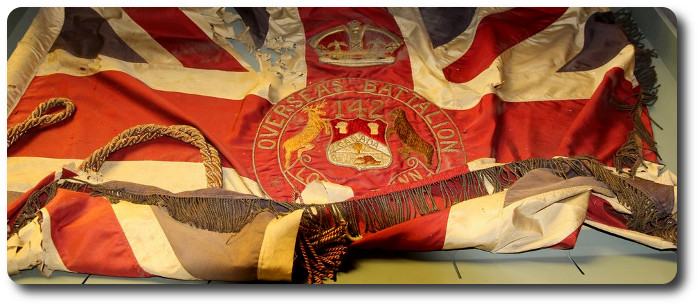




 Should a company be warned for active service, the sergeant, whose duty it is to warn the men of his squad, shall be provided with a blank roll, the heading of which shall be as follows:
Should a company be warned for active service, the sergeant, whose duty it is to warn the men of his squad, shall be provided with a blank roll, the heading of which shall be as follows:
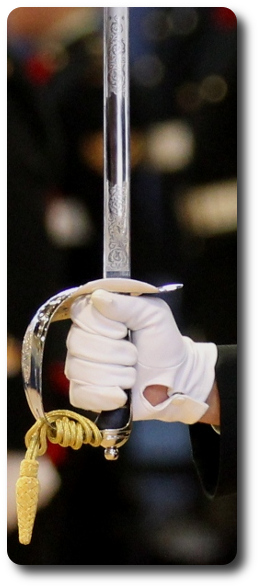 London, Nov. 15.—A curious survival of the martinet spirit of the old army appeared furing the recent visit of the King to the British troops in France, when an order was issued that the officers should appear with swords during the royal review. It was a costly order for the young officers, as few were provided with swords, which are a most expensive part of a kit.
London, Nov. 15.—A curious survival of the martinet spirit of the old army appeared furing the recent visit of the King to the British troops in France, when an order was issued that the officers should appear with swords during the royal review. It was a costly order for the young officers, as few were provided with swords, which are a most expensive part of a kit. 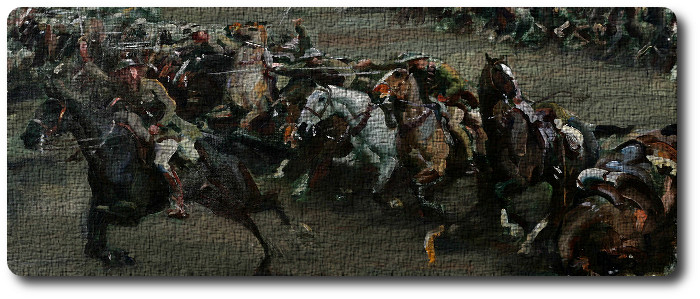
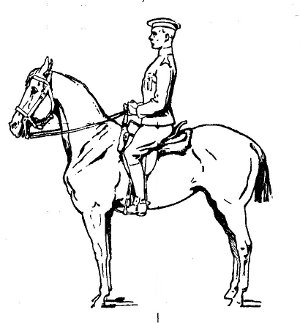 1. Soldierly spirit is the product of a high sense of personal honour and duty; of self-reliance and of mutual confidence between all ranks.
1. Soldierly spirit is the product of a high sense of personal honour and duty; of self-reliance and of mutual confidence between all ranks.



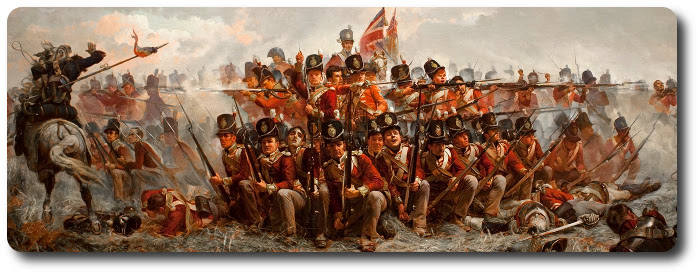
 [In the following article, Captain Liddell Hart, who has for long been regarded as one of the most brilliant military critics in Britain, examines the basic problem of modern warfare with results which both illuminate and vindicate the course taken by the Allied High Command on the Western Front.]
[In the following article, Captain Liddell Hart, who has for long been regarded as one of the most brilliant military critics in Britain, examines the basic problem of modern warfare with results which both illuminate and vindicate the course taken by the Allied High Command on the Western Front.]
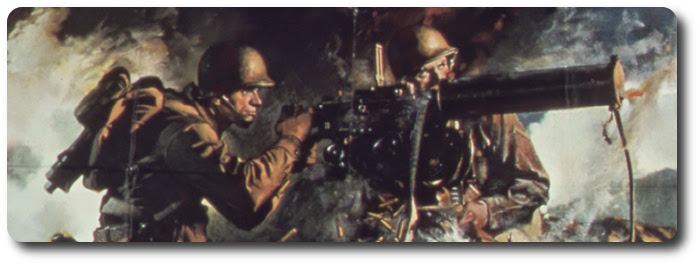
 The Montreal Gazette, 5 March 1951
The Montreal Gazette, 5 March 1951
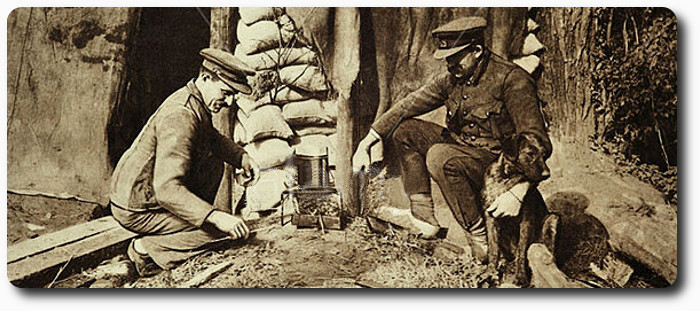
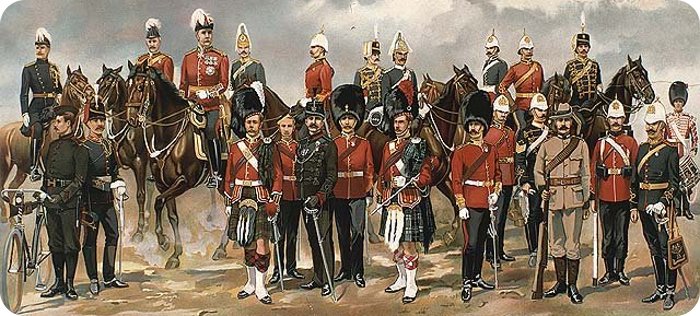
 The report of the state of the Dominion Militia, presented by
The report of the state of the Dominion Militia, presented by 